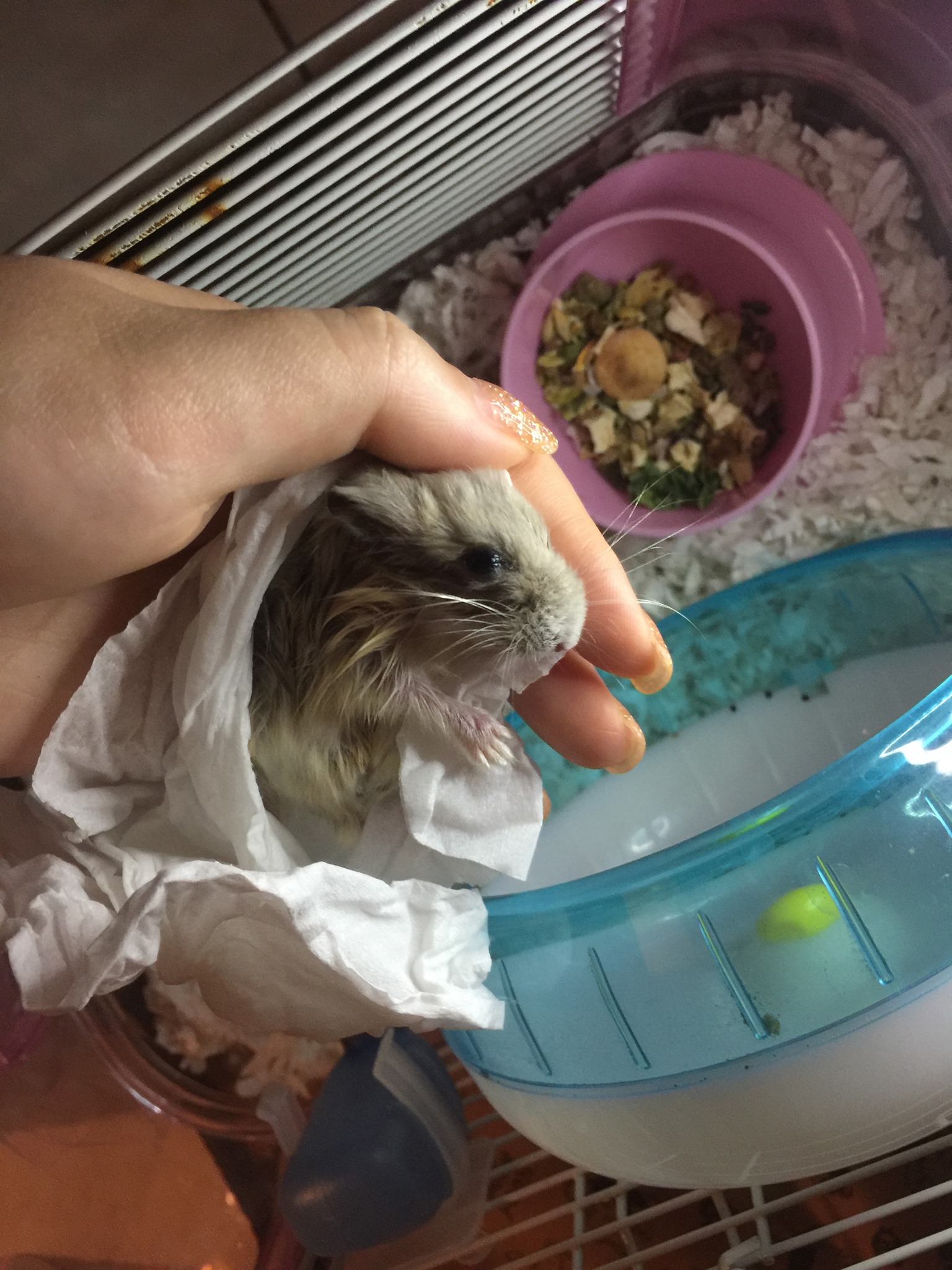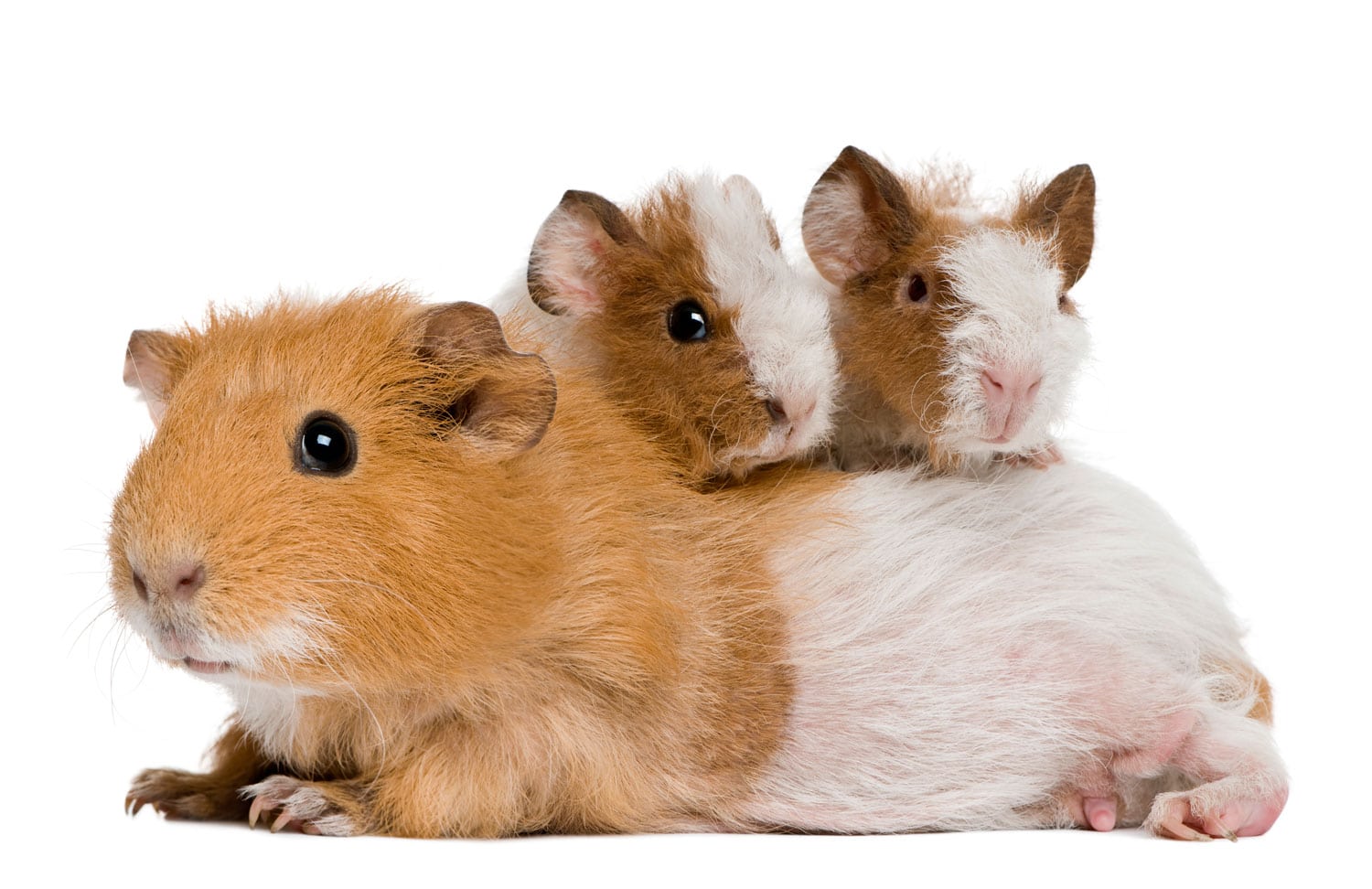Hamsters and other small rodents make wonderful and adorable pets. With their cute, furry appearances and engaging behaviors, these tiny creatures can bring joy and companionship to your life. However, like all pets, they require proper care and attention to thrive. In this guide, we’ll explore the essential aspects of caring for a hamster or other rodent pet, ensuring a happy and healthy life for your furry friend.
Selecting the Right Rodent
The first step in responsible pet ownership is choosing the right type of rodent. Common rodent pets include Syrian hamsters, dwarf hamsters, gerbils, and mice. Each species has its unique characteristics, so do your research to find the one that suits your lifestyle and preferences best.
Creating the Ideal Habitat
Housing: Provide a safe and comfortable habitat for your rodent. A well-ventilated glass or plastic cage with a secure lid is suitable. Ensure there are no sharp edges that can harm your pet, and choose a cage with narrow bar spacing to prevent escapes.
Bedding: Use appropriate bedding material to keep your pet cozy and promote burrowing. Aspen shavings, paper-based bedding, or hemp-based bedding are good options.
Nesting Material: Provide soft materials like tissue paper, plain paper, or safe nesting material designed for small pets. This allows your rodent to build nests and burrow.
Hideouts: Include hideouts and tunnels to provide your pet with a sense of security. Tubes and small wooden houses work well.
Proper Nutrition
Balanced Diet: Provide a well-balanced diet that meets your rodent’s nutritional needs. Commercial hamster or rodent food mix is a convenient choice. These mixes usually consist of seeds, grains, and pellets. Ensure your pet’s food has a protein content of around 12-15%.
Fresh Water: Always provide clean, fresh water. Use a water bottle with a sipper tube to prevent spillage and contamination.
Fresh Vegetables: Supplement your pet’s diet with fresh vegetables, such as carrots, cucumber, and broccoli. Fruits like apple and pear can be occasional treats.
Avoid Toxic Foods: Be aware of foods that are toxic to rodents, including chocolate, garlic, onions, and citrus fruits. These can be harmful to their health.

Maintaining a Clean Environment
Regular Cleaning: Keep your rodent’s habitat clean by scooping out soiled bedding and waste daily. Replace bedding and clean the cage every one to two weeks.
Spot Cleaning: Regularly spot-clean your pet’s enclosure by removing uneaten food, soiled bedding, and any waste.
Safe Cleaning Products: When cleaning, use mild, pet-safe cleaning solutions. Avoid harsh chemicals that could harm your pet.
Exercise and Mental Stimulation
Exercise Wheel: A running wheel is a crucial addition to your rodent’s habitat. It provides exercise and mental stimulation. Ensure it’s an appropriate size to prevent back injuries.
Toys and Chews: Offer a variety of toys, tunnels, and chews to keep your pet mentally engaged. Cardboard tubes, wooden toys, and gnawing blocks are great options.
Interaction: Spend time interacting with your rodent. Gently handle and play with your pet to build trust and create a bond.
Health and Wellness
Regular Vet Visits: Schedule regular check-ups with an exotic pet veterinarian to monitor your rodent’s health. Early detection of health issues can improve the chances of successful treatment.
Signs of Illness: Be attentive to signs of illness, such as changes in behavior, reduced activity, weight loss, difficulty breathing, or unusual discharge. If you notice any of these, consult your vet immediately.
Preventive Measures: Keep your pet’s habitat clean, provide proper nutrition, and ensure they have an exercise wheel to prevent obesity, which is common in captive rodents.
Handling and Socialization
Gentle Handling: Handle your rodent gently and avoid sudden movements. Be patient, and let your pet get used to your presence.
Socialization: Regular interaction is essential for keeping your pet accustomed to human contact. This helps to minimize stress and fear.
Respect Sleep Patterns: Remember that rodents are crepuscular, which means they are most active at dawn and dusk. Try not to disturb their rest during the day or night.
Safe Playtime
Designated Play Area: Create a designated, secure play area where your pet can roam outside of the cage. Use playpens or enclosures to prevent escapes.
Supervision: Always supervise your pet during playtime. Make sure there are no hazards or potential dangers in the play area.
Caring for a hamster or other rodent pet can be a rewarding experience when done right. These small animals have unique needs that require attention and dedication. Remember to choose the right rodent for your lifestyle, provide proper nutrition, maintain a clean environment, offer mental stimulation, and prioritize their health and well-being. With these steps, you can ensure your furry friend lives a happy, healthy, and fulfilled life as part of your family.
